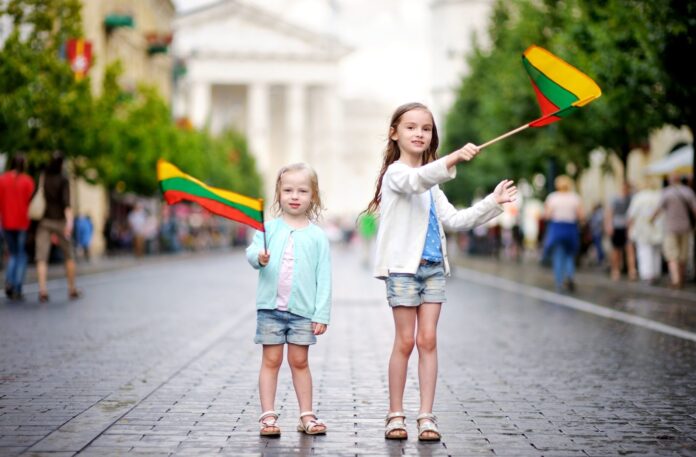
A survey of 1027 Lithuanians who have been living abroad for over one year was conducted by the Vilnius branch of the International Organization for Migration (IOM). The results revealed that 58% of respondents were reluctant to return to their country of birth due to a possible decline in family finances. In all, 58% cited disrespect from employers and 50% – forms of socializing as reasons they hesitate to return. Nevertheless, 76% of survey participants want to return because they would feel better with their friends and relatives nearby.
Jovita Sandaitė, IOM project “I Choose Lithuania” coordinator, also notes that most employment-aged emigrants think that work experience acquired abroad could be successfully used in the Lithuanian job market.
As part of the survey process, in-depth interviews were conducted with actual emigrants and experts who have helped returning Lithuanians to find housing and work, and assisting their children integrate into the Lithuanian education system. Experts noted that some returnees are overly negative about the potential decline in the family’s financial situation, because even though salaries are lower in Lithuania, so is the cost of living.
Other important doubts about returning had to do with housing, work, and the children’s integration into the Lithuanian education system. Emigrants place a high value on the multicultural environment and social worldliness encountered in the West, and fear its loss upon returning to Lithuania.
A potentially more difficult situation might be returning with a non-Lithuanian life-partner. In that case, preparation would have to include evaluating employment possibilities for the partner, and whether he/she would have opportunities to speak his/her own language in the new environment.
Questions regarding housing, employment and children’s integration are closely related. For emigrants returning to (rural) areas where they lived before housing might not be a problem, but job opportunities may be fewer. In cities, however, the opposite would be true. It would be easier to find a more suitable and better-paying job but harder to find housing, and without a stable earning history in Lithuania, loans might be harder to obtain.
Research on children’s adaptation to a new school system would be important because although many integration projects and initiatives exist, there is no conclusive model for this yet.
Another problem cited by 36% of respondents who consider returning to Lithuania is the bureaucracy, which is negatively viewed by both emigrants and native Lithuanians. Experts claim that this exists everywhere and must be tolerated in any new country of residence.
According to J. Sandaitė, the most problems are encountered by people who make a spontaneous decision to return and are not prepared for it. Returning emigrants must have a clear vision of future work or an endeavour such as establishing a business, and do in-depth research about the circumstances awaiting them, including short-term inconvenience.
Alkas.lt



























